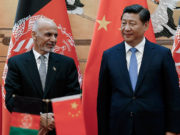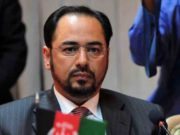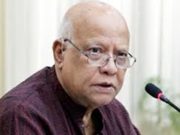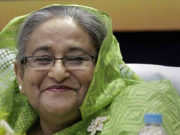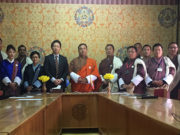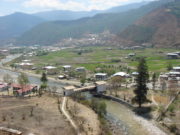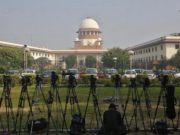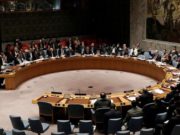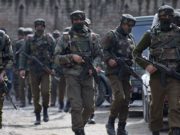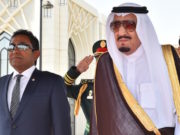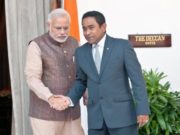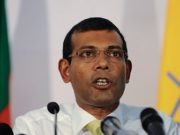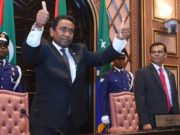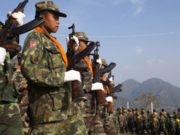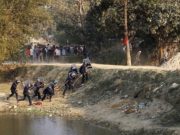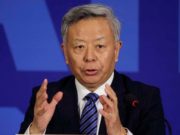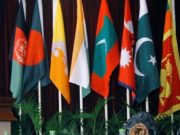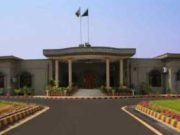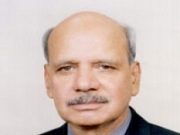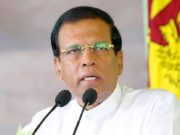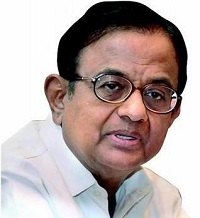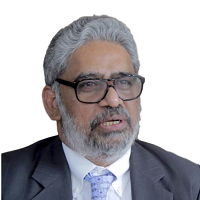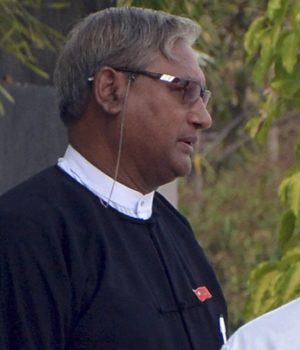For Bangladesh Prime Minister Sheikh Hasina it’s time to show her cards. Her close ally India is fast growing impatient. The confidence India had in her is gradually declining. New Delhi feels that it is slowly losing its grip on Bangladesh. Not very happy with Dhaka’s ‘hobnobbing’ with China, it now wants to secure its ‘friendship’ through a robust and comprehensive defense treaty. Considering the sensitivity of the deal, it has become too bitter a pill for Hasina to swallow. Moreover, her worry of upsetting the equilibrium in the military made her defer her visit to India twice –one in December last year and another in January.
This two-time postponement has given rise to lot of speculations – one is that the defense treaty is not run-of-the mill, like general counter-terrorism or a joint exercise. It has to be more serious and this, in essence, led to the postponements.
So far nothing has come out about the contents of the treaty from either side. However, informed sources in New Delhi say that it contains certain clauses which the Bangladesh military is not comfortable with, like defense joint production, which might gradually lead to restrictions on procurements from other countries. There is said to be a provision of joint operations, however with no mention on strength ratio. Will it be on 50:50 strength basis or a lower ratio? Broadly speaking, India wants Bangladesh to reduce its dependence on other countries, China in particular, for arms and military. The recent purchase of two subs from China has made India jittery and apprehensive.
Meanwhile, Bangladesh Prime Minister Sheikh Hasina, like a seasoned leader has tagged the issue of her visit and signing of the 42 deals with that of the Teesta water sharing agreement and Ganges Barrage, both of which the India government agreed. But the conflict between the central government and West Bengal state government made it impossible. The center has failed so far to overrule West Bengal’s chief minister Mamata Banerjee’s objection.
With China’s growing outreach rapidly changing the scenario in the region, it has become imperative for India to act fast. New Delhi, which considers Bangladesh its backyard, is in no mood to lose ground. And for Sheikh Hasina, it has become difficult to strike a balance between Beijing, to which she looks for financial assistance, and New Delhi on which she depends for her political continuity.
Both for India and Hasina, options are limited. India has invested heavily in Hasina and her government. Many in Bangladesh believe that New Delhi was the ‘mastermind’ behind the 2014 one-sided controversial election in which 154 seats were won uncontested. Despite grave opposition from various national and international quarters, India did not hesitate to endorse it. Hasina paid back her favor in the first term by handing over the North East insurgents operating from within Bangladesh and in the second term by providing transit facilities at minimal tariff among other things. Within the country, in absence of virtually no opposition—which she quelled through various coercive measures—she is strong and confident. With an active economy and an opposition in disarray, she might go for early elections, at end of this year or first quarter of 2018. But without India’s blessings this would be a difficult bridge to cross.
India helped Bangladesh during its war of independence back in 1971. However, it could not reap its aspired benefits. After the assassination of Bangladesh president Sheikh Mujibur Rahman and the subsequent military takeover, India lost its footing. However, after the 2007 emergency (read army takeover), which is popularly called in Bangladesh as 1/11 (it happened on 11 January 2007), India managed to make inroads into one of the most sensitive areas-the army. Many in Bangladesh look at 1/11 as Indo-US joint venture, the motive was to usher in a government close to India. After a long absence, New Delhi could regain its footing in Bangladesh. And in the meanwhile, it could get deeply entrenched in Bangladesh politics with its tentacles spreading far and wide.
India wants to keep its backyard secured, and wants to close the defense deal. Such a deal would in all likelihood be a mirror image of the defense treaty India signed recently with the US, where the US can use a base for resting, refueling and similar activities. And there may even be an added clause were Indian security personnel can enter Bangladesh territory in pursuit of terrorists, as part of the much-hyped plans to put a regional counter-terrorism strategy in place.
As for Hasina, she wants her political continuity. It would be difficult for her, if not impossible, to ignore India at this stage. The best she can do is bide for more time (preferably after the next election), to sign the defense treaty. It’s now time for Sheikh Hasina to show her cards.




